Author: Jason Henry
Source: Pasadena Star News
In an effort to reduce Pasadena’s homeless population, the Public Health Department is deploying a field team that will provide basic medical treatment and mental health assessments to the homeless throughout the city.
Pasadena received a five year, $2 million federal grant earlier this year to hire a nurse practitioner, a social worker, a case manager and an peer outreach worker. The team will go out into the community to provide first aid, direct people to services and build trust, said Michael Johnson, the department’s director.
“They would seek out individuals in the community who fall into the chronically homeless population,” Johnson said. “For many of these people who have been based on the street for many years, just saying we’re going to get you housing isn’t enough of an incentive to get them to start the process.”
By providing basic medical treatments, such as bandaging a wound or treating sores, the team can open a line of communication with people who may otherwise be resistant to seeking help, Johnson said. Each individual will be assigned a case plan that will include return visits depending on their needs.
“We want them to see us as a resource that can have a positive effect on their lives,” he said. Once trust can be established, the person can be directed toward mental health services, substance abuse programs, housing and employment.
During the 2017 count, Pasadena’s homeless population increased 8 percent to 575, down from a high of 1,216 in 2011.
Despite the decrease, about one-third of the homeless on Pasadena’s streets now are both the most visible and the toughest to find housing for, said Ann Lansing, a project planner for Pasadena’s housing department, in an April interview.
The city’s team will differ from the police department’s HOPE program, which pairs an officer with a Los Angeles County social worker. The health department won’t respond to emergencies, but they will work with the HOPE team to establish a connection with the individuals once the crisis has ended, Johnson said.
“We’re hoping to be able to expand on that effort and assist them in taking on these folks who might need a little bit of a different approach, or a longer term investment,” Johnson said.
Part of the federal grant will fund a peer outreach worker through Union Station Homeless Services. This worker, who is expected to have experience with being homeless, will conduct outreach on evenings and weekends, during times when such services would not traditionally be offered, Johnson said.
The Health Department rolled out a similar program last year that placed a social worker at Pasadena’s public libraries to help direct homeless individuals using the library system to support services. The new team will take an even more proactive approach by seeking out people on the streets.
The Pasadena City Council approved the new program Monday night.
“This is a program I think we’re going to be very proud of,” Mayor Terry Tornek said.
The Public Health Department is expected to begin hiring for the new roles immediately. Johnson said the department has already made contact with 12 people who will be connected with the team once the positions are filled.
